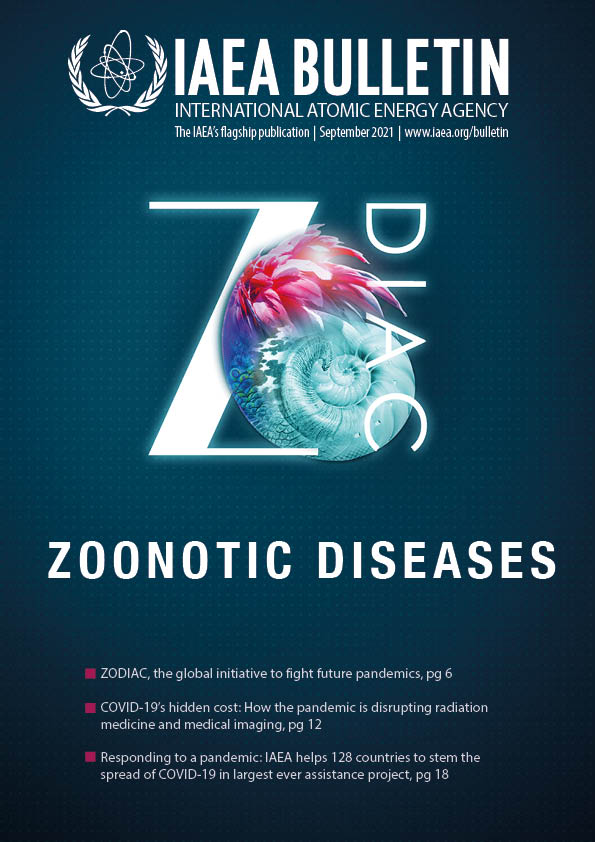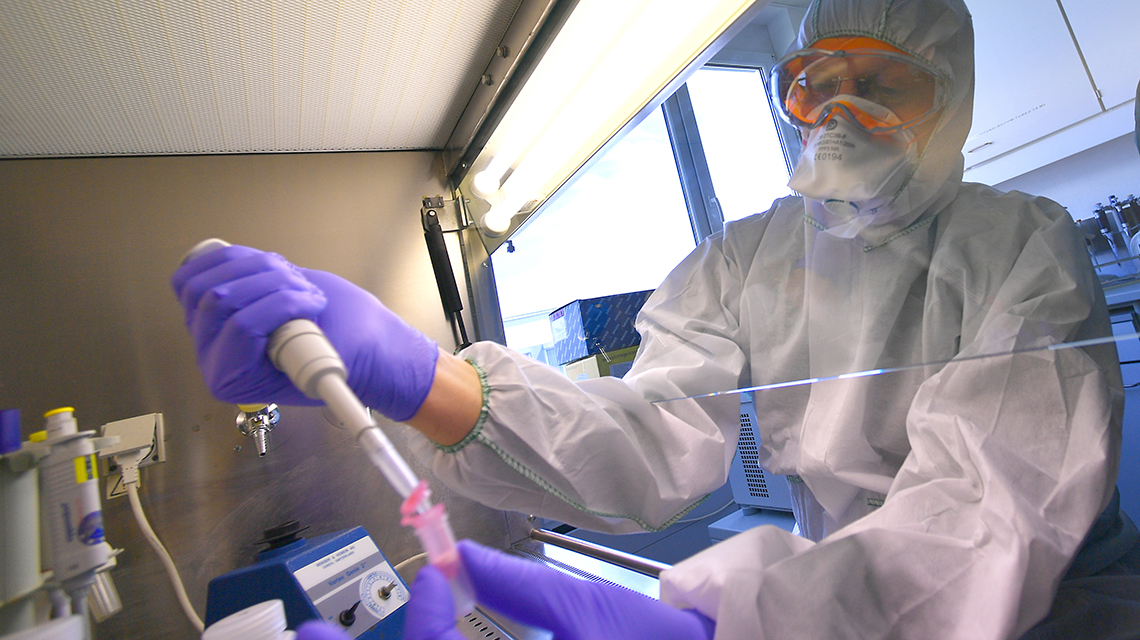At the FAO–IAEA laboratories in Seibersdorf, Austria, IAEA experts tested 178 clinical samples provided by AGES, using each of the 11 commercial kits and master mixes. The results of the study established that all the tested master mixes and ad hoc kits can be used for the routine detection of the COVID-19 virus.
“The bottom line is that the tested products provided results that are similar to what can be obtained if using the reagents recommended by the World Health Organization (WHO),” said Giovanni Cattoli, Head of the Animal Production and Health Laboratory at the Joint FAO/IAEA Centre. “In a country where reagents for the recommended protocols are not available or are extremely expensive, laboratories can replace them with some of the other reagents included in the study and achieve similarly accurate results. With this study, we validated alternatives so that laboratories around the world can utilize available reagents to mass-test populations for COVID-19, therefore making the tests more accessible.”
The time needed for and costs of carrying out a real-time RT–PCR test vary, especially among different countries. A real-time RT–PCR test typically takes a couple of hours to complete, from receiving samples to issuing results, and the costs of reagents depend on the company and reagent type. Overall, excluding human resource costs, tests can cost from around €7 to €20, Cattoli added.
Steinrigl agreed that reagents and ad hoc molecular diagnostic kits might differ considerably in their costs: “Comparing the performance of reagents can actually save money. We can see cheaper solutions are not necessarily any less accurate than the more expensive ones.”
The procedures and results of the study have been shared with the IAEA Veterinary Diagnostic Laboratory (VETLAB) Network, in which some labs have been requested by national authorities to provide testing for COVID. The VETLAB network includes 46 countries in Africa and 19 in Asia. The study was also published online by the Journal of Virological Methods in June 2021.
“These types of studies are needed for other transboundary animal and zoonotic diseases,” Cattoli said. The IAEA is conducting a similar study for African swine fever. “It is important to have an idea of what type of reagents can be used to run real-time RT–PCR testing for these diseases and ensure that the results are equal to the those produced by the recommended protocols.”

